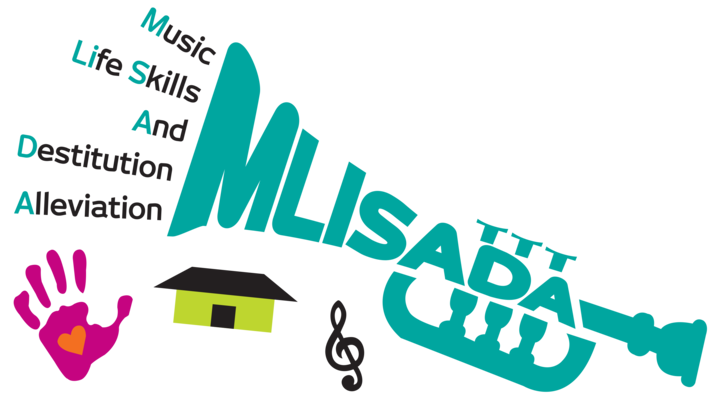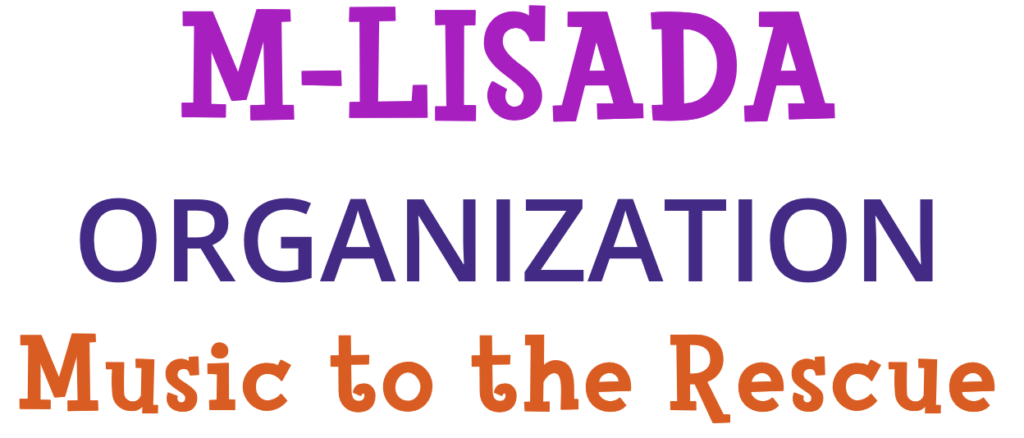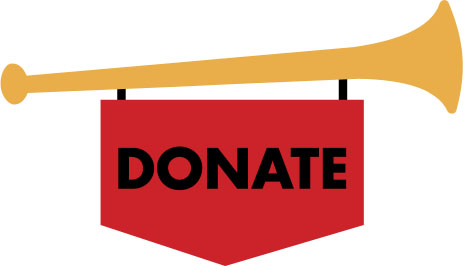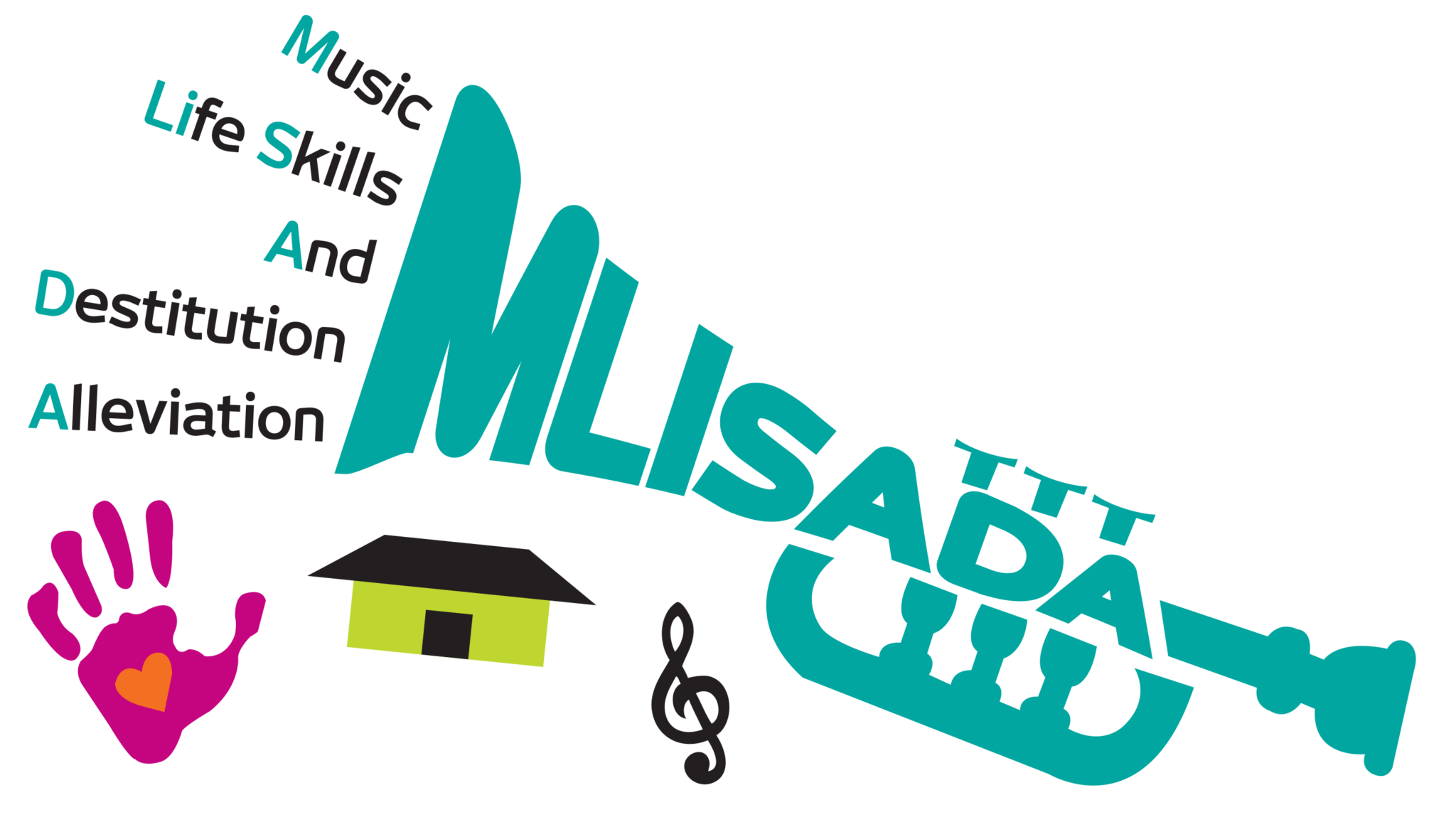To protect, heal, empower, and support vulnerable children and youth through music, life skills, and education.
To be a leading organization in transforming the lives
of Uganda’s new generations.
Child Protection & Reunification
Child Protection
The children who live on the streets of Kampala have fled abusive situations, extreme poverty, or have been abandoned. Behind their bravado, proclaiming they like their lives and freedom, there is a child looking for a home and yearning for security and support.
M-LISADA is a Ugandan government approved and registered children’s home. We provide a safe and supportive environment for vulnerable children deprived of family and parental care. There are usually about 65 children and youth who live at M-LISADA’s Kampala and Kalangala homes. Many children stay at M-LISADA temporarily, but some remain until they reach adulthood.
Frequently, children who were living on the street or have been abandoned or abused are brought to M-LISADA by the police, the Kampala Capital City Authority (KCCA) and the government probation office. M-LISADA also works in collaboration with other street connected organizations. This includes a strong partnership with CRANE (Children at Risk Network Uganda)-an umbrella organization for all groups working with children at risk. Children brought to M-LISADA are welcomed by both the administration and their peers. The whole organization makes sure they feel valued. If the children came from the streets, they join a special program to reclaim and rehabilitate them.
M-LISADA’s Child Protection Department oversees and promotes the well-being and safety of every child under the auspices of M-LISADA Organization. Our program is responsible for case management and provides legal support for the children in its care. We are strong proponents of children’s rights, and speak against discrimination, abuse, and violence against children. M-LISADA works with parents, community leaders, schools, the police, KCCA, and the community, to promote acceptance and positive parenting for children. M-LISADA frequently speaks against child abuse on the radio and meets with professionals to talk about combating issues of intolerance, and how to implement smart practices.
In the event of an urgent situation, we take immediate action, working closely with the authorities and the community. If we learn a street child is being abused, we hasten to bring the youngster to M-LISADA, contact the authorities, and enlist the help of a trauma counselor. To ensure the child’s welfare, M-LISADA consults with doctors and lawyers.
The children who come from the streets of Kampala often develop unhealthy habits to survive. When a street child moves into M-LISADA’s home, we protect them from the harmful forces of the street and enlist them in programs that work to change some of the behaviors they have acquired. M-LISADA utilizes trauma healing programs to ease some of the damage that has been done and focuses on teaching the children life skills that restore their confidence. It is this level of involvement that makes M-LISADA such a valuable resource.
Reunification
Some of the children that are brought to M-LISADA have been separated and lost from their families. Frequently, a child leaves his/her family and goes to the streets because something harmful has happened either within the family or in the surrounding community.
M-LISADA works to trace the relatives, repair the relationship between the child and their family, and to reintegrate the child back into their family and their community. Before a child returns home, M-LISADA reaches out and works with family members and the community to make sure that reintegration is achievable. Once reunification occurs, M-LISADA monitors the relationship and makes follow up visits. If a child cannot be reunited with their family, M-LISADA tries to find a vocational training program for them or to enroll them into school.



